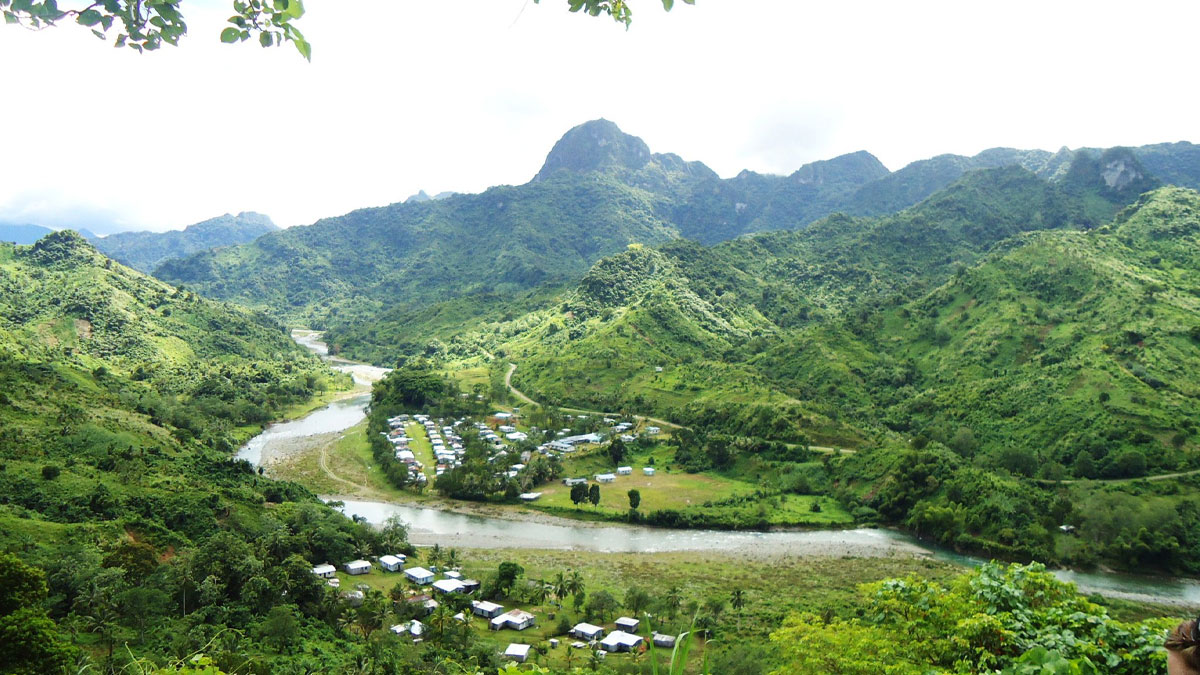
Energy Fiji Limited says the feasibility study on the proposed Namosi Hydro Scheme will aim to identify projects which does not cause any inundation of any populated or culturally sensitive areas.
While speaking on the study after concerns raised by Navunikabi villagers in Namosi, EFL says the study will ensure there is no relocation of existing settlements or villages as a result of any hydro-power scheme they have done in the past.
Acting EFL CEO, Bobby Naimawi says the work under the feasibility study is being undertaken by consultants, funded by development partners, who are working very closely with key stakeholders to do consultation with those who will be affected before developing such projects.
Naimawi says the results of the feasibility study will be essential in determining the renewable energy road map for Fiji as per the National Development Plan.
EFL says it has set an ambitious target to provide clean and affordable energy solutions to Fiji with at least 90 percent of its energy requirements through renewable sources by the year 2035.
To achieve this ambitious target, EFL, with the support of various international development partners, is working on identifying and developing a number of projects that are sustainable and economically viable.
The Namosi Hydro-electric scheme project is one such project which is currently under investigation by EFL, where EFL is conducting a feasibility study. Earlier investigations show that a number of small hydro-electric schemes can be developed in the Namosi area, and EFL is building on this past investigations.
Depending on the viability of the feasibility study, EFL will then consider the way forward.
The feasibility study considers three hydro-power potential sites in Namosi, and associated high-voltage power evacuation infrastructure from Namosi to the larger electricity load centres.
The feasibility study will assess the technical feasibility, commercial viability, environmental and social impacts of potential hydro-power facilities and power evacuation infrastructure.
The feasibility study commenced is expected to take up to two years to complete, and is being undertaken in two phases.
Phase 1 is a scoping and options analysis, which will consider a number of different project scenarios and arrangements; and Phase 2 is a ‘shortlist’ of project options that will be investigated, including a range of detailed technical, environmental and social studies.
Under the feasibility study, the nature and extent of the impact of the hydro-power scheme will be assessed in line with international standards and best practices, including assessment of social and economic benefits.
Stay tuned for the latest news on our radio stations
